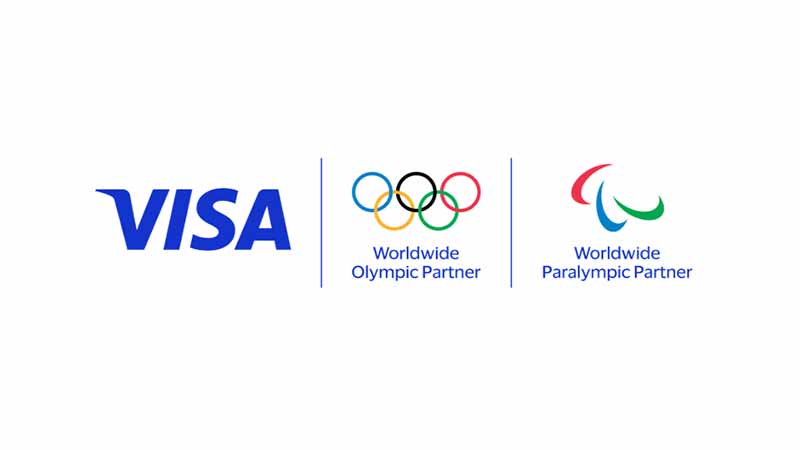THE DIFFERENT KINDS OF MARKETING PARTNERSHIPS: PART 2

In Part 1, we explored some of the partnerships funded by the Marketing purse, including Brand Aligned Partnerships, Co-Branding and Cause Related Marketing. Now, we look at Sponsorship.
Sponsorship


We’re all familiar with sponsorship, we see sponsors whenever we attend a sporting event, festival or theatre. The images above, show what is called a ‘lock up logo’, combining the corporate sponsor and sponsee together.

In the context of a corporate-cause sponsorship, the best definition is “when a company contributes financially towards a non-profit program, campaign or event”. A sponsorship is driven by a commercial desire by the company, it’s at the opposite end of the investment spectrum from a philanthropic gift. The benefit for the sponsor is usually a marketing benefit such as exposing a company/brand name/logo to a particular audience, sampling a product, getting ‘rub off’ halo effect from the alignment, and so on. There’s always a strong brand fit between the sponsor and sponsee, such as Blackmores sponsoring the Sydney Running Festival or Red Bull sponsoring high-octane events like Formula 1.



A ‘naming rights’ sponsorship is when the company’s name takes over the name of a building, event, campaign or program. For instance, Stadium Australia becoming Accor Stadium or The C.ex Group Coffs Harbour running festival. The impact of changing an event’s name is significant. For something well known, such as Movember, changing the name could lead to loss of brand integrity as well as reduced participation, impacting the bottom line.
I’d recommend NOT offering ‘naming rights’ to an event or program unless a) the event or program will simply not survive without it – it’s a last resort b) the company covers a significant proportion of the cost c) you do a robust risk analysis of changing the name, noting impact on SEO, participation rates, brand reputation and so on and c) the sponsor commits for at least 5 years. It may be tempting at the time to offer/take ‘naming rights’ but you may live to regret it (more likely, your successor). I’ve seen more tears about this issue than almost anything else in my 28 years of matchmaking.

Alternatives to ‘naming rights’ are ‘major sponsor’ status, ‘presenting sponsor’, ‘principal sponsor’ or similar, as Vision Australia has done here with AAMI. If you do use ‘major sponsor’ just avoid calling others that invest less, ‘minor sponsor’. Yes it happens!

Our Conscious Consumer Research 2023 reveals that consumers do know the difference between a Partner, Sponsor and Supporter.
Avoid giving prominent logo placement on your event / program to a company that doesn’t give you cash, but a product donation, such as ice cream. You cannot run an event on ice cream! It may seem nice to offer ice cream to participants at the end of a run, but if that company isn’t contributing to the event costs, they should not be able to call themselves a sponsor. They’re effectively a product supplier. Their logo should be consistent with their level of investment and the value they add to the event.
Just because an event or program needs funding, doesn’t make it ‘sponsor-able’. If it doesn’t offer a tangible return on investment, with marketing assets and benefits, then it’s more like philanthropy. Companies don’t sponsor something because it feels good.
It’s important to know the difference between fundraising, philanthropy and sponsorship because there are legal consequences. When a company sponsors an event, campaign or program it is a commercial activity and NOT a philanthropic gift. Therefore you do not provide a receipt, but a Tax invoice with GST added.
According to the ATO, when an individual or company makes a ‘donation’ it cannot derive a commercial benefit from that ‘donation’. A sponsorship is clearly providing a commercial benefit so it cannot be confused with a donation.
Sponsorship pitfalls
- Not valuing the assets associated with the event, campaign or program = having no power or control in negotiation
- Taking product that’s ‘nice’ but doesn’t contribute to the running costs of the event, campaign or program. If it drives participation (and thus registration fees), consider it
- Not having an MOU or contract
- Over-valuing your sponsorship. The value to a sponsor must be based on the market value of the assets being offered, not what your Board think it’s worth or what you got ten years ago
- Assuming that the sponsor wants logo exposure. Eg. Westpac does not need logo exposure, everyone has heard of Westpac! Ask what their commercial objective is
- Creating ‘levels’ or sponsor packages such as ‘Gold, Silver, Bronze’ sponsor. It’s meaningless outside of the sporting context, but too prescriptive and it groups benefits based on investment levels, rather than giving the company what they really want in return
Keep an eye out for Part 3 when we cover the final two activities funded by the marketing purse – Licensing and Cause Related campaigning.
Hailey Cavill-Jaspers

